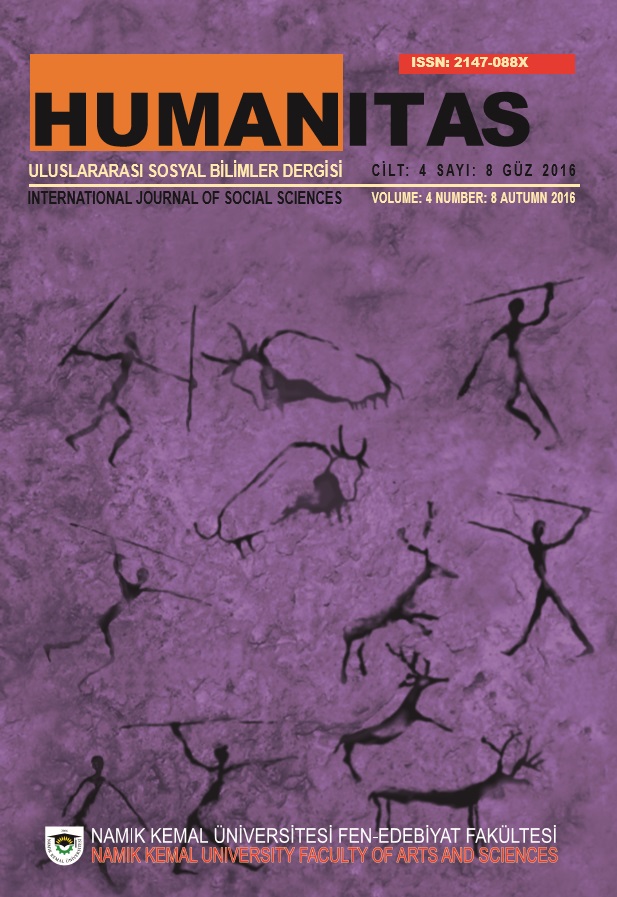WILLIAM GOLDING’S RITES OF PASSAGE: FRAGMENTS OF TRAGEDY IN POSTMODERN FICTION
WILLIAM GOLDING’S RITES OF PASSAGE: FRAGMENTS OF TRAGEDY IN POSTMODERN FICTION
Author(s): Rahime ÇOKAY NEBİOĞLUSubject(s): Studies of Literature, Sociology of the arts, business, education, Theory of Literature
Published by: Namık Kemal Üniversitesi Fen-Edebiyat Fakültesi
Keywords: Postmodernism; Parody; Intertextuality; Metafiction; Golding; Tragedy;
Summary/Abstract: William Golding, as an author deeply interested in man’s evil nature, chaos and obscurity, is known for his novels that present an original account of man’s experience. In his novels he tackles man’s disillusionment with life, the concept of evil, social discrimination, multiple layers of truth and the difficulty of reaching a single and ultimate version of reality. Rites of Passage is one of such novels that is notably dense, dark and difficult to categorize due to its embodiment of different genres, techniques and elements. The novel is also rich with postmodernist strategies such as dialogic relations between different social classes and voices, double-voiced narration, self-reflexive allusions to other works of fiction, parodic use and abuse of different genres, and delays and gaps. These strategies invest the novel with playful yet at the same time tragic tricks that enable the reader to recognize reality as a human construct, life as a pathos and human condition as a tragedy. In this regard, this paper seeks to scrutinize postmodernist aspects in Rites of Passage, exploring the contribution of these aspects to the building up of chaotic and tragic atmosphere of the novel rather than to a playfulness that is expected to arise out of diversity observed both in characterization and in language and structure.
Journal: Humanitas - Uluslararası Sosyal Bilimler Dergisi
- Issue Year: 4/2016
- Issue No: 08
- Page Range: 85-96
- Page Count: 12
- Language: English

